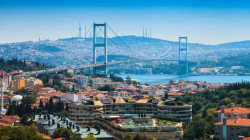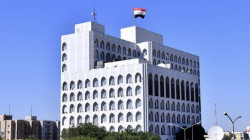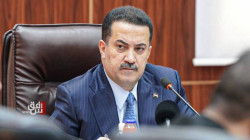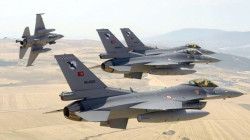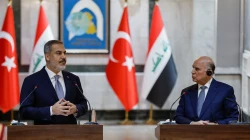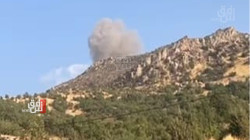Turkish Minister highlights Gulf interest in Iraqi Development Road
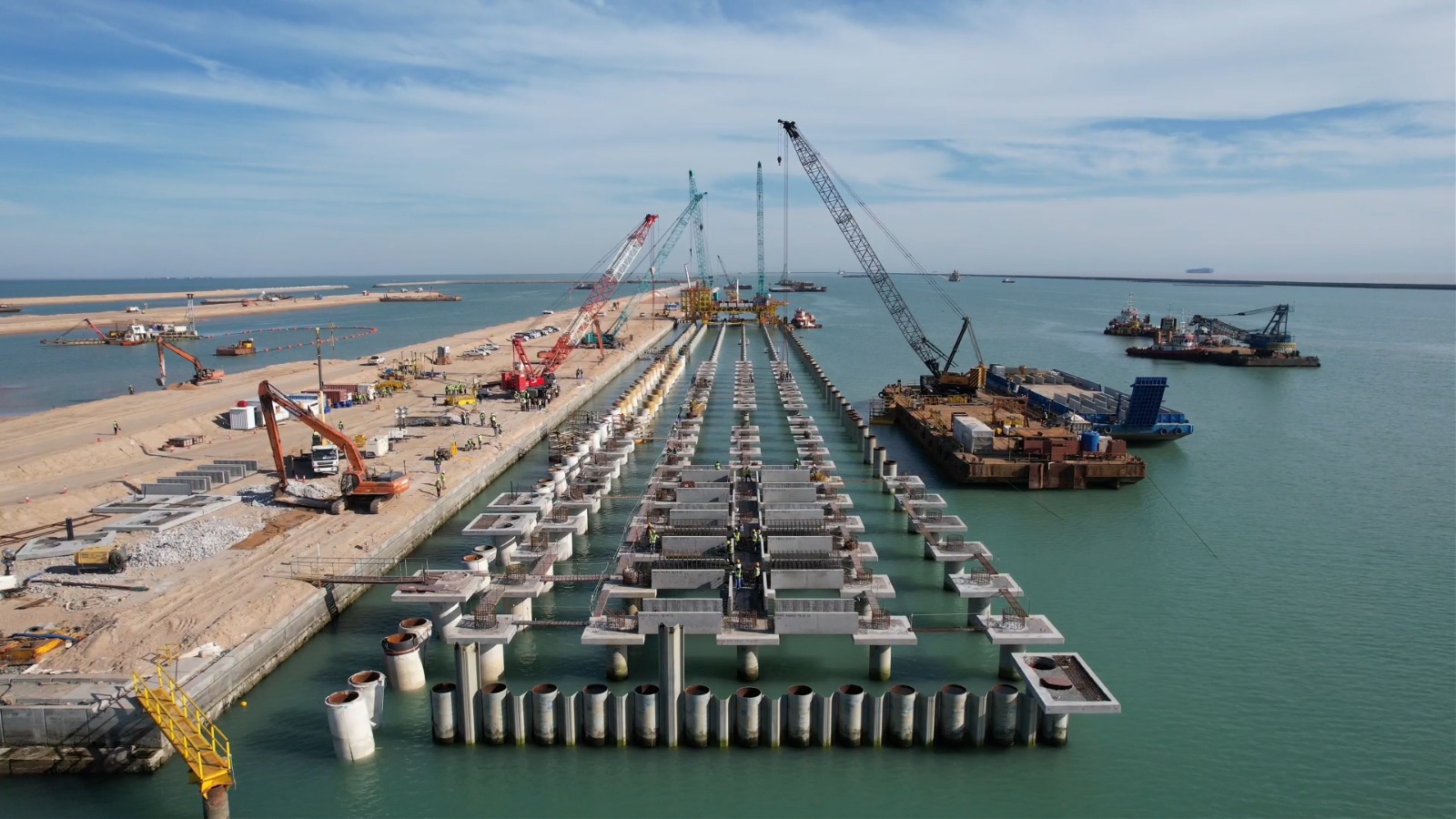
Shafaq News / Turkish Minister of Transport and Infrastructure, Abdulkadir Uraloglu, described the completion of the Iraqi Development Road and the Zangezur Corridor as a top priority for the current year, confirming Gulf countries' interest in participating in the Iraqi project.
In an interview with the official Turkish news agency Anadolu on Thursday, Oktay stated that this year will witness a focus on completing the Iraqi Development Road and the Zangezur Corridor, which connects Turkey and Azerbaijan, passing through the Armenian region of Syunik that separates the main part of Azerbaijan from the autonomous Nakhchivan region, adjacent to Turkey.
Due to its strategic location, Turkey has strengthened its efforts to establish trade routes between the East and the West, aiming to maximize the benefits of its geographical position and advanced transportation and logistics infrastructure.
Uraloglu affirmed, "We also hope to be able to implement the Iraqi Development Road project, with a desire from both the United Arab Emirates and Qatar to participate in this project."
The Iraqi project includes a network of roads, railways, ports, and new cities, aiming to shorten travel time between Asia and Europe through Turkey and transform it into a transit hub, using the Faw Port in southern Iraq as the project's first station.
Oktay explained, "As a ministry, we are working quickly and accurately to implement all the works within our jurisdiction. Last year, we inaugurated a set of infrastructure projects that would enhance the role of the Development Road."
"We opened the Ziygana Tunnel, the longest tunnel in Europe, last May. We also inaugurated several metro projects, highways, and other service projects related to the aviation sector. We concluded the year by opening the second runway of Sabiha Gokcen Airport," he added.
The ministry continues to attract investments for infrastructure projects in various regions of Turkey, including domestically produced driverless subway projects, according to the Turkish official.
Oktay mentioned that Turkey is witnessing intense trade activity in both its eastern and western regions, saying, "There are three main passages here: the northern passage, the southern passage, and the central passage. Turkey is on the central passage. We can connect the region to the railway all the way to Beijing, except for the Caspian Sea crossing."
Thanks to these projects, "it will be possible to transport goods from Beijing to London very easily."
He noted that the Iraqi Development Road, also known as the "Iraqi Silk Road", aims to facilitate business activities more quickly and efficiently by creating a competitive route to the Egyptian Suez Canal.
It is expected that the length of the railways and highways connecting Faw Port (in Basra, southern Iraq) to the Turkish border will be 1,200 kilometers, with a cost of $17 billion. The mentioned port is expected to become the largest port in the Middle East, with construction scheduled to be completed in 2025.
The project, initially named the "Dry Canal," was later changed to the "Development Road Project" in March last year, coinciding with a meeting in Ankara between Iraqi Prime Minister Mohammed Shia Al-Sudani and Turkish President Recep Tayyip Erdogan, described as the "foundation of a sustainable non-oil economic project."
Uraloglu pointed out that Turkey, Azerbaijan, and Iran are conducting studies on the Zangezur Corridor project, and Armenia will allow the passage of this corridor through its territory for a length of 43 kilometers.
He confirmed that the Development Road is a very significant project, stating, "The project, which is now in the completion phase, will cost around $15 billion."
